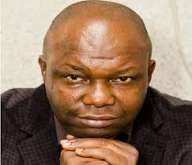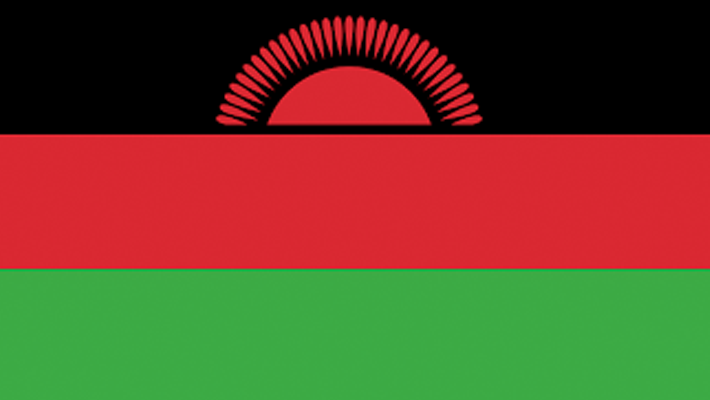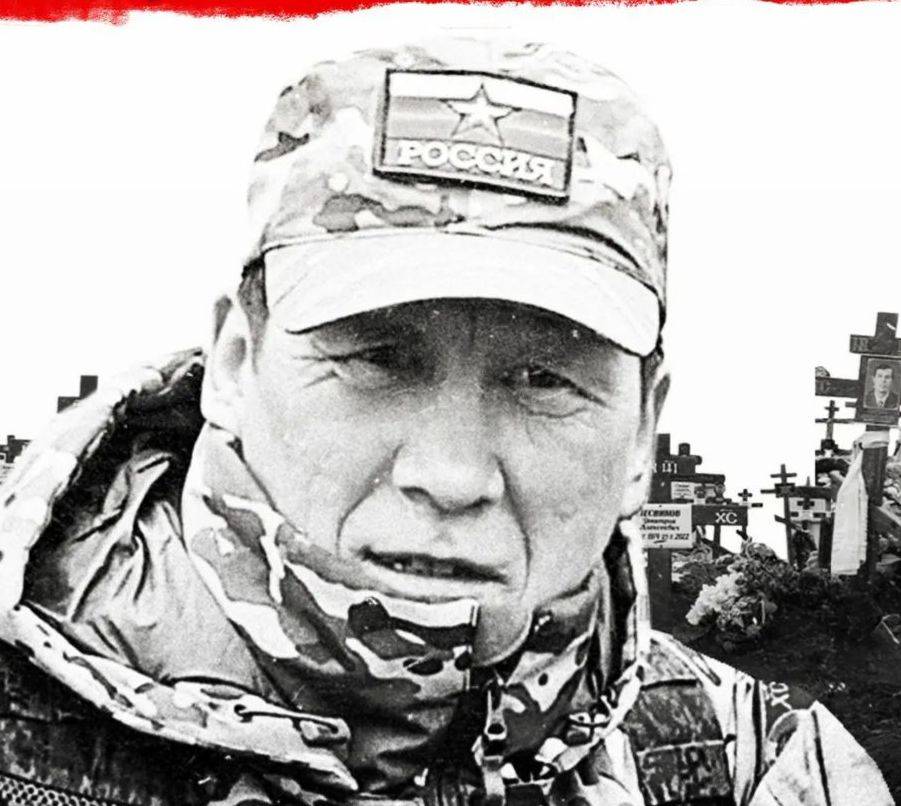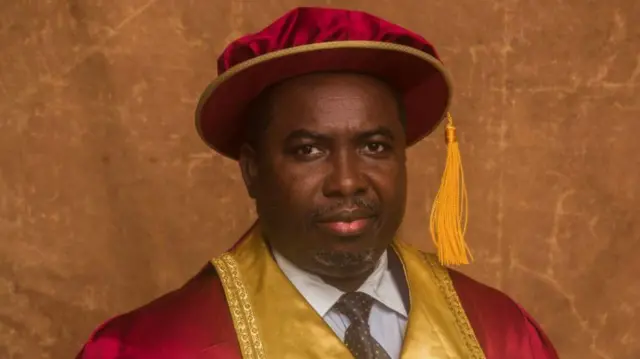The divide in the world between the rich and the poor has become wider in the past twenty years and is only growing. In this article, let’s look at exactly what’s causing such different outcomes in economic fortunes and separating the rich from the poor.
The most significant difference in the mental framework between the rich and the poor is the rich have understood a basic principle: money can be used to generate capital gains and cash flow. Rich people see capital as an asset for management and investment, and the poor see it as something to be earned and spent.
A study by Fidelity Investments found that 88% of all millionaires are self-made. These people built one million dollar net worths from their own investments, careers, and businesses and didn’t inherit it.
Here is the data according to a Bank of America study of 1,000 individuals who held over $3 million in investable assets:
27% of multimillionaires are self-made: Defined as people with a “middle-class or poor upbringing and no inheritance.”
46% have a head start: Almost half the rich surveyed had some inherited wealth or an affluent upbringing.
28% have legacy wealth: People with both an affluent background and inherited money.
People can have five types of financial origin stories
They come from nothing but take advantage of the resources and opportunities they see to build wealth.
They come from money and do what they need to maintain their status through education and a career.
They are born to millionaire parents and take that head start and advantage to become billionaires.
They squander the financial opportunities they are born into through partying, addiction, or laziness.
They are born poor and accept that’s their destiny in life.
WHAT SEPARATES RICH AND POOR?
The rich have an edge through education.
The wealthy sell value and the poor sell their time.
The rich work for themselves, while the poor work for someone else.
The rich have a growth mindset, while the poor have a fixed mindset.
The rich have multiple income streams, while the poor have only one.
The rich network with other rich people, while the poor don’t have access
1. The Rich Have An Edge Through Education
The wealthy think it’s crucial to get educated and be lifelong learners. The rich want to see their children do well in school and attend a good college. They believe the investment is worth it and are willing to pay the tuition to ensure the best formal education.
It’s misleading to believe education isn’t essential because many billionaires are college dropouts. The rich believe it’s important to send their children to the best private schools from the start of their academic careers to build a strong foundation of learning from a young age. The number of top entrepreneurs who went to private school as children are staggeringly high, showing they got the best early education. Most were accepted to elite colleges.
Many so-called self-made billionaires had an elite private school education even before college. The list includes Richard Branson (Virgin), Bill Gates (Microsoft), Mark Zuckerberg (Facebook), Elon Musk (Tesla and SpaceX), Jack Dorsey (Twitter and Square), James Dyson (Dyson), Reed Hastings (Netflix), Reid Hoffman (Paypal and LinkedIn), Tony Hsieh (Zappos), Kevin Plank (Under Armour), Evan Spiegel (Snapchat), Kevin Systrom (Instagram), Jimmy Wales (Wikipedia), and Nicholas Woodman (GoPro) according to the book Unfair Advantage
Bill Gates and Mark Zuckerberg dropped out of Harvard, not High School. What they both had in common was the academic success that got them into Harvard and the vast computer coding and programming skills they developed at young ages that lead to their success in founding tech companies.
Bill Gates, Warren Buffett, Charlie Munger, and many other wealthy people believe that reading nonfiction books your whole life is also crucial to financial and business success. The education of the rich doesn’t end with college; it is only the beginning.
Sadly many people that are poor don’t finish high school and never read another book after they leave school. Education, learning new skills, mastering technology, and reading separate a lot of the rich from the poor.
2. The Wealthy Sell Value And The Poor Sell Their Time
The wealthy tend to sell value, not their time. They use their time to create businesses, products, inventions, intellectual property, cash-flowing assets, and investments. Their time is spent building things to sell to others; they don’t sell their time directly. They leverage their time, knowledge, experience, and energy by creating assets.
People can never be wealthy until they can disconnect how they earn money from their time. Selling time for money can keep you poor if you can’t convert that earned income into investments, businesses, or cash-flowing assets. Your time is a limited resource; without leverage, it’s a fixed commodity that limits earning ability.
The rich leverage their time to create value to sell for wealth building and the poor have a fixed income based on their time and hourly pay
3. The Rich Work For Themselves, While The Poor Work For Someone Else
The rich never lose sight that they work for themselves even when they have a job starting out. They ensure they aren’t taken advantage of by an employer and only accept fair compensation for time and effort. The rich focus more on what they can learn at their jobs and the experience they gain in addition to the paycheck. Most importantly, their goal is to work for themselves by starting their own business, becoming an investor, or becoming self-employed. People have much more energy when they profit from through own ideas and efforts. The rich will risk their capital to work for themselves.
The poor prefer a steady paycheck and having someone else tell them what to do daily. They prefer security over risk and don’t like the uncertainty of not knowing where their next paycheck is coming from.
4. The Rich Have A Growth Mindset, While The Poor Have A Fixed Mindset
The poor can fall into the trap of the fixed mindset, believing that the current abilities of intelligence and talent are fixed just the way they will always be for a person. It’s the belief that people are born and destined to be at a certain ability level. A fixed mindset accepts their current performance and intelligence as fixed and does not try to improve and grow. They believe people are born with a talent that enables success more than effort. They believe performance is inherently fixed and static.
The rich have a growth mindset that doesn’t believe that abilities and intelligence are limited to their current levels but instead can be developed and improved upon with study, work, and goal setting. A growth mindset looks at the future potential and strives for growth through work, education, exercise, entrepreneurship, and self-improvement.
A fixed mindset can stop the poor from ever trying to change their financial situation and life circumstances by creating a belief in a predestined victim mentality.
A fixed mindset avoids challenges as a waste of time, while a growth mindset embraces challenges as a path to growth.
A fixed mindset gives up on setting goals and believes the present situation is just the way things are, while a growth mindset has the perseverance to learn more to overcome obstacles to achieve goals.
A fixed mindset focuses on the minimum effort needed in a situation, as extra effort is wasted, while a growth mindset puts forth the effort needed to get to the next level of rewards.
A fixed mindset sees negative feedback as a personal attack on them or proof of their lack of ability. In contrast, a growth mindset sees feedback as positive and uses it constructively to adjust efforts to learn and grow.
A fixed mindset is jealous and threatened by the success of others as they see potential opportunities as finite. In contrast, a growth mindset learns from the success of others and sees potential opportunities as infinite.
People with a fixed mindset see their place in the world as limited and their destiny and place in life as unavoidable. The growth mindset believes in unlimited freedom and opportunity and that only time separates them from their goals when they are willing to do the work necessary to achieve what they want.
5. The Rich Have Multiple
Income Streams, While The Poor Have Only One
The rich have multiple streams of income and are diversified in their assets and cash flow. The value of the assets that make them money is where their net worth is generally kept. Few have a million dollars in cash sitting in a bank account as inflation would slowly devalue it’s buying power over time. The poor tend to have only one form of cash-flow, their income from a job. This limits their ability to save, invest, and build capital to become rich.
Based on IRS reporting the average millionaire has 7 streams of income. In 2015, the IRS published a research study titled Over the Top: How Tax Returns Show that the Very Rich Are Different from You and Me, the study revealed most millionaires have seven streams of income
WHAT ARE THE 7 SOURCES OF INCOME FOR THE RICH?
Capital Gains On Investments
Owning things that go up in value is a source of income when some of the investments are sold for a profit. This primarily refers to stocks and real estate. Stocks are much more liquid and easy to exit than real estate but owning homes and property can give an investor a huge amount of leverage. Whether capital gains are left to compound over years or an asset is sold to lock in profits, it’s a source of income for the rich when they exit.
BUSINESS CASH FLOW
The millionaires that achieve a seven figure net worth the fastest tend to be the ones that build their own successful business. The leverage of fulfilling customers and employees needs by owning a business can create both high cash flow and also a valuable asset that can be sold later for a huge profit. This is not easy and requires many skill sets including marketing, people skills, accounting, taxes, legal, regulatory, and market research but can be one of the most financially reward endeavors.
RENTAL INCOME
Some millionaires receive income from rental properties. Owning high occupancy rental properties in popular areas can be very lucrative and they can also hire companies to manage and clean them. Airbnb has made this very easy to implement with their business model and app in recent years
Also Turo has recently made it possible for people to operate a rental car business. Their model is basically like an Airbnb for cars and can also create great cash flow for car owners.
ROYALTIES AND LICENSING INTELLECTUAL PROPERTY
Some millionaires made their fortune through best selling books, patents, or other types of intellectual property. This type of income can be very steady with consistently paid royalties each month, quarter, or year depending on the payment structure. This can be one of the best sources of cash flow as all the work is done up front and the pay can be ongoing for years and even decades.
Earned Income (Paycheck)
There are millionaires that continue to work a job they love. These are typically people that have the bulk of their net worth tied up in their stock portfolio and personal residence and don’t want to tap either yet for monthly expenses so they keep their job.
They can also be high-income earning executives that are passionate about their career and don’t have another thing to retire to. Millionaires do have the flexibility and financial freedom to decide to continue to work their job or quit, so their employment is a choice.
STOCK DIVIDEND INCOME
Income investors like receiving dividend payouts from their stocks. This pays investors for owning the stocks by sharing the company’s earnings with stockholders. Warren Buffett is not a fan of his company Berkshire Hathaway paying dividends as they are taxed twice for both the company and the investor.
Companies pay taxes on their corporate earnings and then pay shareholders dividends from their after-tax earnings. Individual investors receiving dividend payments from a stock must then pay taxes on that income on their own personal income taxes. Because dividends are subject to double taxation many companies don’t payout dividends and instead reinvest all their earnings back in the company’s growth to give the stock a higher valuation.
INTEREST INCOME
Interest income on bonds and certificates of deposit (CDs) use to be a big source of income for many people before central banks around the world went to very low rates and even negative rates in some European countries. With the recent rising of interest rates to combat inflation bonds could finally be more of a source of income for the rich looking for somewhere to park their money.
6. THE RICH NETWORK WITH
Other Rich People, While The Poor Don’t Have Access
The rich are masters at networking with a wide array of successful people that enable them access to capital, connections and power that the poor just don’t have. One of the biggest assets that college students come away with from college is their connections to other rich families. Many of the best entry level jobs and internships go to the children of the most well connected people. An education is just the first step to financial success as connections are needed to get the best jobs with the top companies in many cases.
The rich continue their edge with connections in there business careers by finding ways to raise capital when needed and get investors. The poor many times have no connections to get them even lower tier less desirable jobs and leaves them with a much tougher road to financial success.
Culled from Newstraderu













